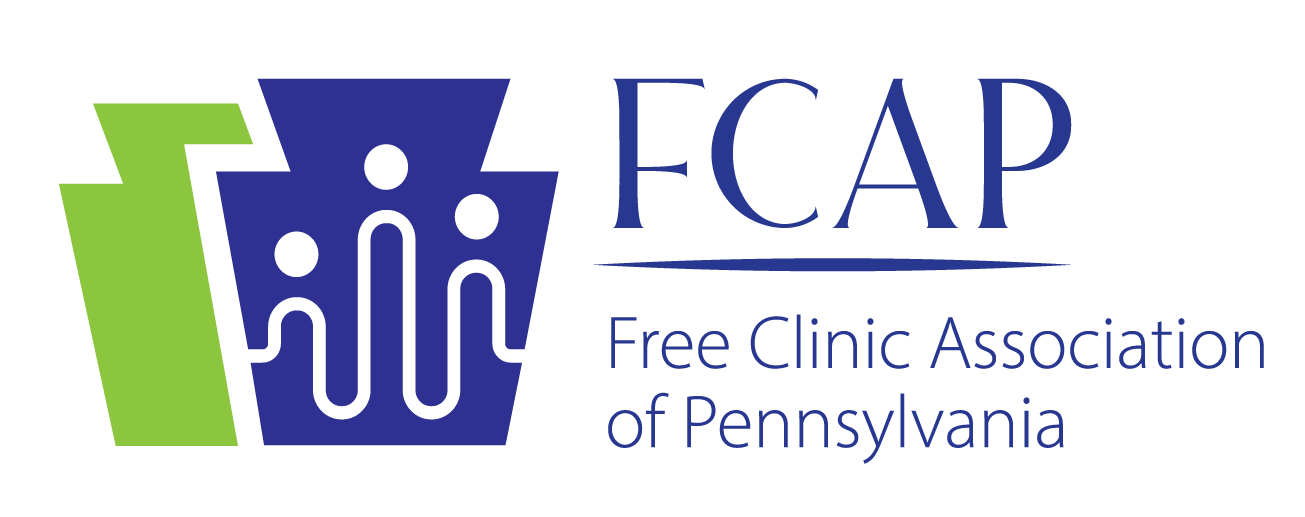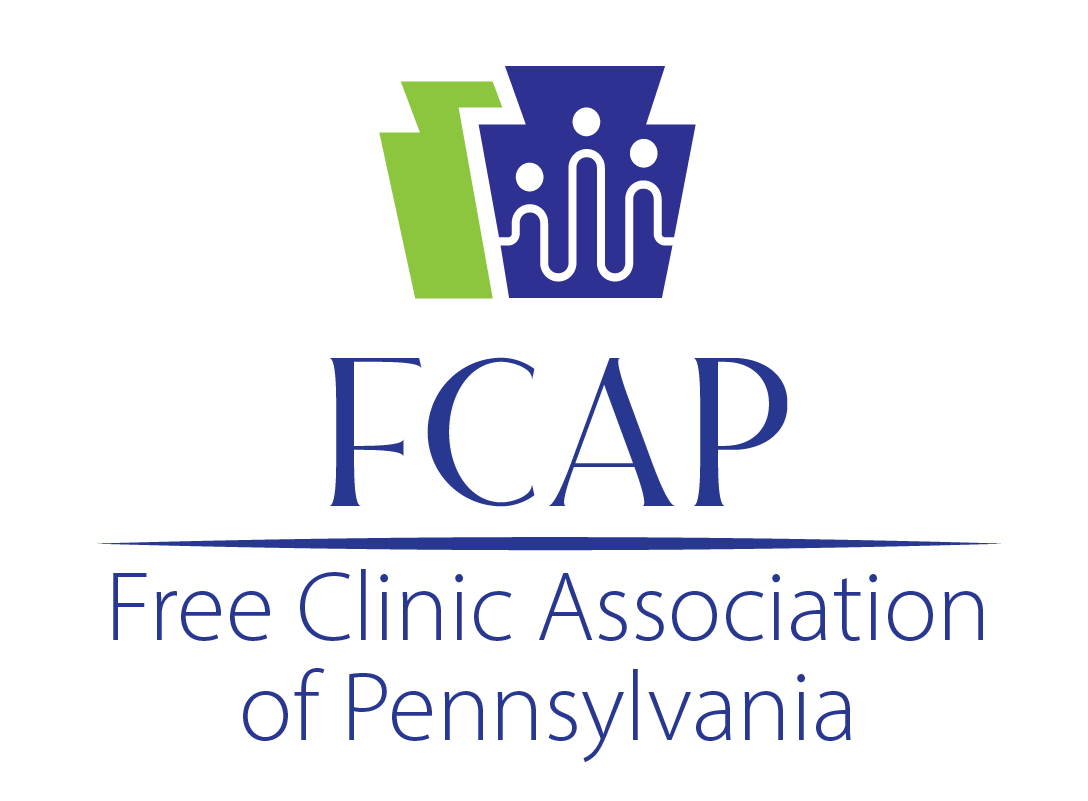Resources
FCAP Recording Library
Please find access to past webinar recordings and materials below.
-
-
-
Supporting Resources:
-
-
-
Learn more about medication access options available for free clinics. Talk through how to operationalize if you are thinking about adding medication services. More about regulations, systems solutions and more. Thank you to experts at Birmingham Free Clinic for sharing their experiences navigating this topic.
Other Resources
-
PAPs
operated/underwritten by pharmaceutical companies.
can make many medicines available for free
provide medicines at a reduced cost
Other options
contact the manufacturer of the medication
may have indigent care programs for which your patient could apply and receive the medication at no cost.
GoodRx
a website that can help you find the location of the lowest price for medicine in your area
negotiate a better rate with a local community pharmacy
negotiate an arrangement with your local hospital pharmacy as
health systems often obtain deep discounts due to the volume of medicines they order.
Software programs to help with PAP applications
NeedyMeds offers a grant program designed for free-standing, not-for-profit organizations that help individuals apply for free medicines through PAPs. The grants of up to $2,000 each will cover the cost of NeedyMeds PAPTracker software.
PAP Programs (may have fees)
SCBN Prescription Advocacy – 1-888-331-1002- www.scbn.org
RX Outreach – 1-800-769-3880 – www.rxoutreach.org
XUBEX Pharmacy Services – 1-866-699-8239 – www.xubex.com
RX Assist Patient Assistance Program Center – www.rxassist.org
Needy Meds – www.needymeds.org
Partnership for Prescription Assistance – http://www.pparx.org
Direct Relief – http://www.directrelief.org
Dispensary of Hope – http://www.dispensaryofhope.org
-
Overview
The Health Insurance Portability and Accountability Act (HIPAA) granted medical malpractice coverage through the Federal Tort Claims Act (FTCA) to volunteer Free Clinic health care professionals. The Patient Protection and Affordable Care act extended this coverage to Free Clinic board members, officers, employees, and individual contractors.
A Free Clinic must apply for and sponsor a qualified individual for FTCA medical malpractice coverage deeming. FTCA medical malpractice protection provides the covered individual with immunity from medical malpractice lawsuits resulting from his/her subsequent performance of medical, dental, or related functions within the scope of his/her work at the Free Clinic.
The Free Clinics FTCA Program has four major requirements that are based on statutory requirements:
Credentialing and privileging system
Quality Improvement/Quality Assurance (QI/QA) program including a risk management (RM) system
Professional Liability
Annual Data Reporting.
The sponsoring Free Clinic must meet the following requirements:
Must be a 501(c)3 organization
Must be licensed or certified in accordance with applicable state law
Must not receive any compensation for service from individual or third-party payors (Note: Free Clinics are allowed to accept donations.)
For more information:
The FTCA Free Clinics Program is administered by the U.S. Department of Human Services, Health Resources and Services Administration (HRSA), Bureau of Primary Health Care (BPHC). CLICK HERE FOR MORE INFO
The Bureau of Primary Health Care Helpline
877-974-2742 (M-F from 8:30 a.m. to 5:00 p.m.)
ECRI Institute’s Free Clinic Risk Management Resources CLICK HERE FOR MORE INFO
-
FCAP convened a subcommittee of member clinics to develop a uniform set of performance measures that these clinics can use to:
adopt or expand quality improvement initiatives
strengthen a culture of quality improvement in their clinics
report healthcare outcomes to their community, funders, and policymakers in a consistent fashion statewide.
The initial set of performance measures were developed utilizing measures (with minor altering) established by:
The National Committee on Quality Assurance (NCQA) in the Healthcare Effectiveness Data and Information Set (HEDIS)
Patient-Centered Medical Home (PCMH) criteria or the Advisory Committee on Immunization Practices (ACIP)
After a year-long pilot process, the six clinical and one operational measure were finalized.
The purpose of these measures is for clinics to measure:
their own performance: looking year to year to see what their results were for their patient mix – as part of their quality improvement process.
Participating clinics will be asked to report outcomes on a periodic basis to the FCAP:
Data will remain anonymous
FCAP will report only aggregate outcomes

